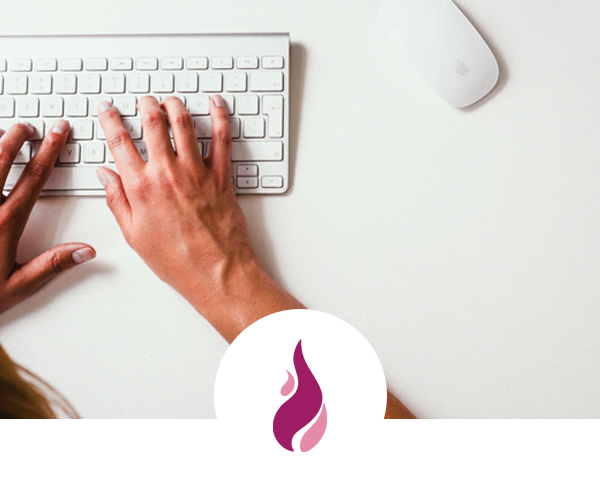Think those Aches and Pains are Age Related? It Could be Menopausal Joint Pain

Hot flushes, night sweats, loss of libido and low mood are all commonly recognised menopausal symptoms, yet joint pain affects as many as 40% of all menopausal women and joint stiffness is the most common contributor to the impairment of quality of life in women of a menopausal age.
Menopausal joint pain is commonly mistaken as an inevitable part of the ‘ageing’ process and whilst women may seek help for other symptoms, they often struggle on with aching and painful joints.
Oestrogen is likely to play an important role in the onset of musculoskeletal aches and pains during the menopause. Known as the “female” hormone, oestrogen helps to protect our joints and reduces inflammation, but when levels drop during the menopause, inflammation can increase, making it painful to move freely. Interestingly, oestrogen levels start to decline several years before the menopause takes place, so it’s very normal to experience associated aches and pains during the perimenopause stage. Commonly affected joints include the hands, shoulders, knees and hips, although all joints can be impacted.
Unfortunately, unlike many other symptoms of the menopause, joint pain may not subside when hormones level out, but there are many lifestyle changes that can help ease pain and prevent it from getting worse.
Some women find that taking Hormone Replacement Therapy (HRT) helps to alleviate some common symptoms, including menopausal joint pain. HRT works by replacing the main hormones that the body is no longer naturally producing, such as oestrogen. This can help to relieve many of the associated symptoms and can also help prevent weakening of the bones and the development of osteoporosis, which is more common after the menopause.
Whilst HRT is a welcome option for many, careful consideration needs to be taken alongside the involvement of your GP to assess if you’re a good candidate. HRT isn’t suitable for all women, particularly those who have had certain types of breast cancer or who are at high risk of getting breast cancer, so it’s important you consult your GP who can give you more information about the risks and benefits to help you decide whether you want to take it.
If you’re interested in natural alternative options to help ease menopausal joint pain, anti-inflammatory foods and supplements alongside regular exercise can really help. It may sound counterintuitive but implementing exercises targeted at the areas causing you pain can in fact help symptoms subside. Low impact exercises are great as they put less stress the body whilst still strengthening the muscles that support your joints. If you are experiencing pain in your knees or hips, a daily walk can really make a difference!
Alongside exercise, natural supplements may be of benefit to help protect and support joints from the inside out. Choosing the right supplement for you can be overwhelming but the main thing to look out for are supplements which have clinically backed research behind them, meaning that they’ve gone through rigorous testing to check safety and efficacy.
One option could be the galactolipid, GOPO®, found in GOPO® Joint Health, an anti-inflammatory extract derived from rose-hip, that is shown in clinical research to reduce joint pain by as much as 80% in as little as 3 weeks. Clinical studies have also shown that women of a menopausal age reported a 50% improvement to their mobility and a reduction in pain, following 3 months of the daily consumption of the galactolipid, GOPO®.
GOPO® Joint Health is available from Boots, Amazon, supermarkets and independent chemists nationwide and is priced at £20.48 for 120 capsules and £30.99 for 200 capsules. Visit www.gopo.co.uk for further information.
